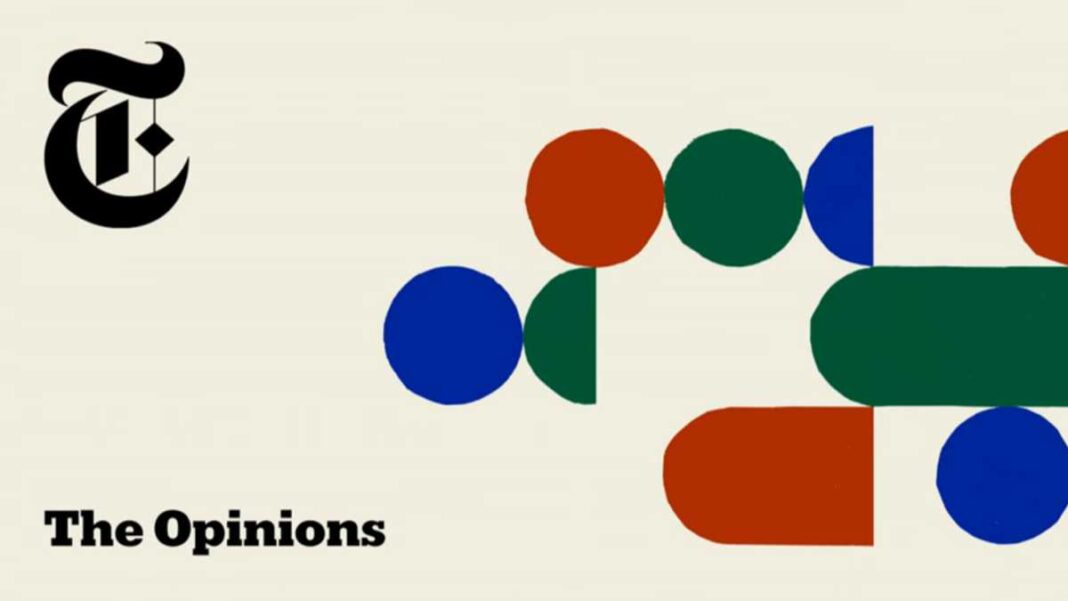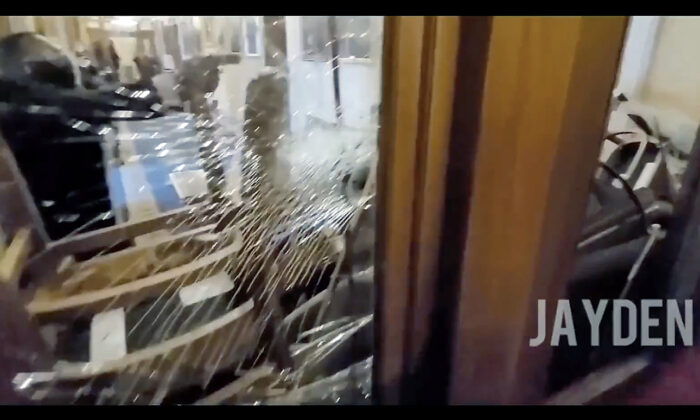The International Criminal Court just issued arrest warrants for Israeli Prime Minister Benjamin Netanyahu and ex-defense minister Yoav Gallant over false charges of “war crimes.”
The court also issued an arrest warrant for Hamas arch-terrorist Mohammed Deif, whose death has already been confirmed both by Hamas and by Israel.
The absurd warrants are “for crimes against humanity and war crimes” over the war in Gaza and the Oct 7 attacks on Israel, the court, based in The Hague, said.
In its ridiculous ruling, the ICC claimed, “there are reasonable grounds to believe that both individuals intentionally and knowingly deprived the civilian population in Gaza of objects indispensable to their survival, including food, water, and medicine and medical supplies, as well as fuel and electricity, from at least 8 October 2023 to 20 May 2024.”
According to the ICC, the arrest warrants “are classified as ‘secret’, in order to protect witnesses and to safeguard the conduct of the investigations. However, the Chamber decided to release the information below since conduct similar to that addressed in the warrant of arrest appears to be ongoing. Moreover, the Chamber considers it to be in the interest of victims and their families that they are made aware of the warrants’ existence.”
Thune’s threats were made in coordination with a bill introduced by Sen. Tom Cotton, R-Ark., in June – which closely aligned with a bill that passed in the House with bipartisan support just days prior – that called for sanctions against prosecutors who have gone after “U.S., Israeli, or any other allied citizen wrongfully targeted by the ICC.”
Netanyahu and other Israeli leaders had previously condemned a request by Karim Khan, the ICC chief prosecutor, as disgraceful and anti-Semitic.
U.S. President Joe Biden also disagreed with prosecutors and expressed support for Israel’s right to defend itself against Hamas.
Robert O’Brien, who served as national security advisor from 2019 to 2021 under the first Trump administration, said the United States should slap sanctions on the ICC.
South Dakota Republican Sen. John Thune has also threatened to slap the ICC with sanctions if it did not drop its application for an arrest warrant against Netanyahu.
Thune – who was selected to be the next Senate Majority Leader once the GOP takes the upper chamber in January – warned that if the current Democratic leader does not take on the international court, he will.
“If the ICC and its prosecutor do not reverse their outrageous and unlawful actions to pursue arrest warrants against Israeli officials, the Senate should immediately pass sanctions legislation, as the House has already done on a bipartisan basis,” Thune wrote on X. “If Majority Leader Schumer does not act, the Senate Republican majority will stand with our key ally Israel and make this – and other supportive legislation – a top priority in the next Congress.”
The arrest warrants are a “reward for terrorism,” Israel’s opposition leader Yair Lapid has said.
He condemned the ICC’s decision, adding that Israel had been defending itself against terrorist “organizations that attacked, murdered and raped our citizens.”
This farcical warrant would be reason enough to disband the notoriously anti-Israel ICC, but there are other reasons as well.
The ICC and its Chief Prosecutors have faced various controversies over the years, stemming from accusations of bias, lack of effectiveness, and jurisdictional overreach.
Luis Moreno Ocampo (2003–2012) faced criticism for relying on witnesses whose credibility was later questioned, undermining high-profile cases. He was embroiled in scandals, including allegations of ethical lapses and questions about his financial dealings after leaving office.
Fatou Bensouda (2012–2021) was sanctioned by the Trump administration over her investigation into alleged war crimes by U.S. forces in Afghanistan.
Her investigations into alleged crimes against Palestinians stirred controversy, with Israel and its allies questioning the ICC’s jurisdiction.
Karim Khan (2021–Present) is currently under scrutiny due to allegations of sexual misconduct.
In October, reports emerged accusing Khan of attempting to coerce a female aide into a sexual relationship and engaging in unwanted physical contact.
The ICC’s internal watchdog initially investigated the claims but closed the inquiry after the alleged victim declined to file a formal complaint. Subsequently, the Assembly of States Parties to the Rome Statute, which oversees the ICC, decided to initiate an external investigation to ensure impartiality.
Khan has categorically denied any wrongdoing, but experts believe the charges against Israeli leaders are an attempt by Khan to divert attention from his personal controversies.
As the external investigation proceeds, the ICC faces challenges in maintaining its credibility and impartiality, especially given the high-profile nature of the cases under its jurisdiction.
The outcome of this inquiry will likely have significant implications for both Khan’s tenure and the ICC’s standing in the international community.
Aside from Khan’s alleged sexual abuse of a subordinate, the ICC has also been criticized for its relatively low number of convictions of actual war criminals, compared to the resources it consumes, raising questions about its overall effectiveness.
In addition, many victims’ groups argue that the ICC has been slow in delivering justice and has overlooked certain atrocities.
And many countries argue the ICC interferes with domestic judicial systems, undermining national sovereignty – for instance the current case against Israel.
It is clear that the ICC is yet another tool that rogue nations such as Iran and Qatar use to smear Israel and ignore actual war crimes elsewhere in the world.
The U.S. must stand resolutely behind its ally Israel and work to disband the ICC in addition to any other UN institution that serves rogue nations and unfairly attacks America’s allies.





